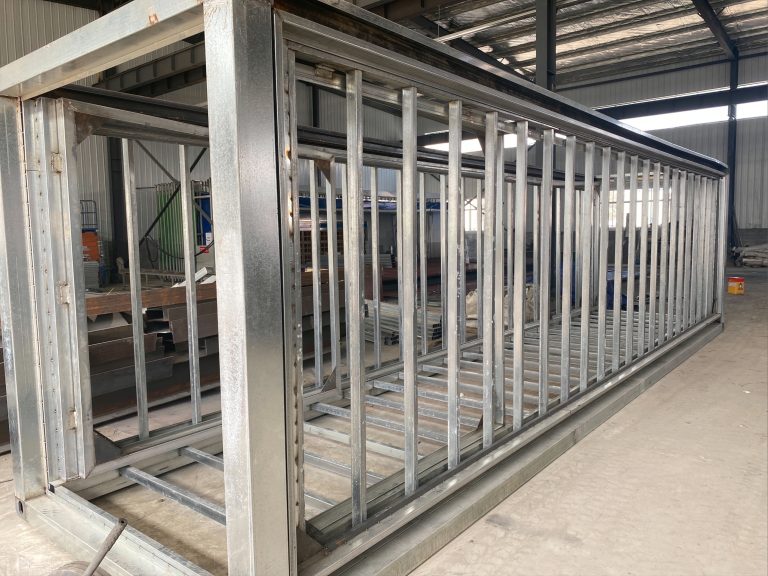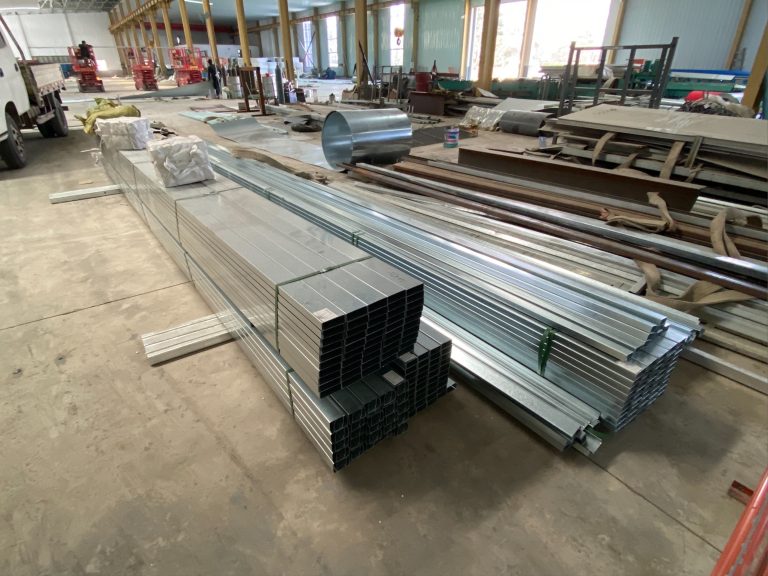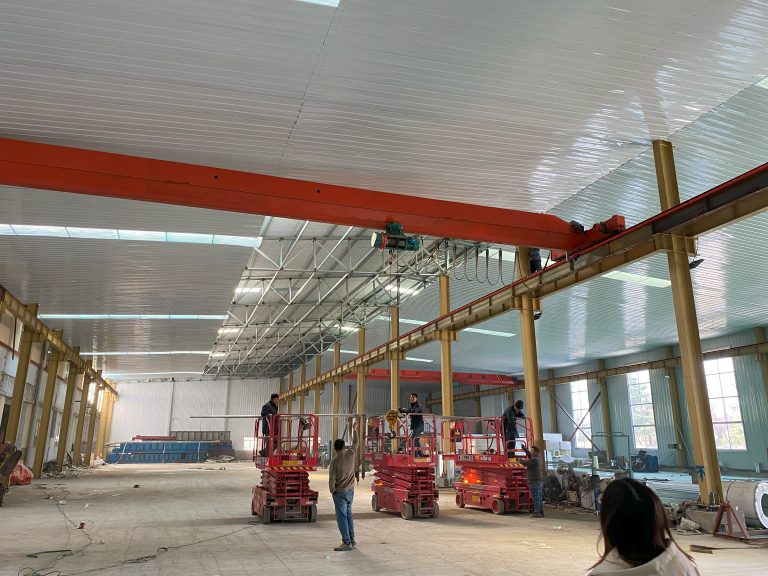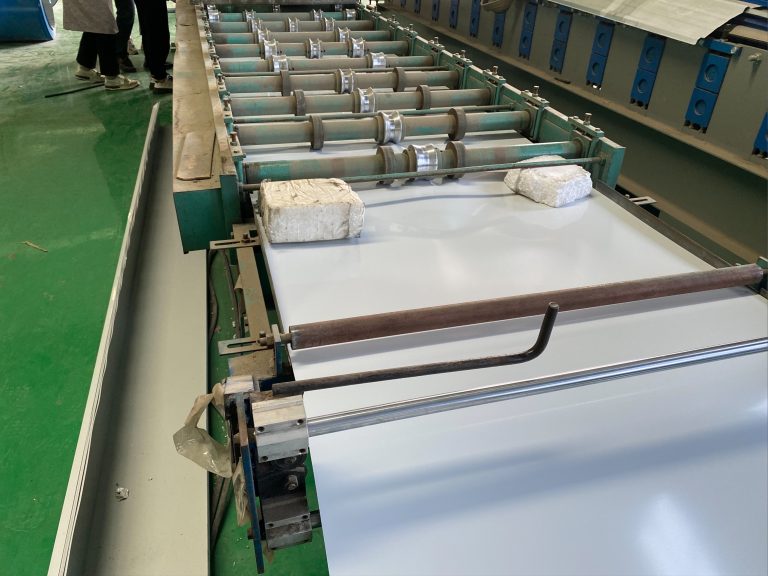Steel construction cost control: the art of budget management.
Table of Contents
Strategies for Implementing Cost-Effective Steel Construction Techniques
Steel construction projects can be complex and costly endeavors, requiring careful planning and budget management to ensure success. Cost control is a critical aspect of steel construction, as unexpected expenses can quickly derail a project and lead to delays and cost overruns. By implementing effective budget management strategies, project managers can keep costs in check and ensure that the project stays on track.
One key strategy for cost control in steel construction is to establish a detailed budget early in the planning process. This budget should account for all anticipated expenses, including materials, labor, equipment, and overhead costs. By creating a comprehensive budget, project managers can identify potential cost overruns before they occur and make adjustments as needed to stay within budget.
Another important aspect of cost control in steel construction is to carefully monitor expenses throughout the project. Regularly reviewing and updating the budget can help project managers identify any deviations from the original plan and take corrective action to prevent cost overruns. By staying on top of expenses, project managers can make informed decisions about where to allocate resources and ensure that the project stays on budget.
In addition to monitoring expenses, project managers can also implement cost-saving measures to help control costs in steel construction projects. One common cost-saving strategy is to negotiate with suppliers and subcontractors to secure the best possible prices for materials and services. By shopping around and comparing prices, project managers can find the most cost-effective options without sacrificing quality.
Another cost-saving measure in steel construction is to streamline the construction process to minimize waste and inefficiencies. By optimizing workflows and eliminating unnecessary steps, project managers can reduce labor costs and improve productivity, ultimately saving time and money. Additionally, using prefabricated components and modular construction techniques can help speed up the construction process and reduce labor costs.
Effective communication is also essential for cost control in steel construction projects. By keeping all stakeholders informed about budgetary constraints and project goals, project managers can ensure that everyone is working towards the same objectives. Regular meetings and progress reports can help keep everyone on the same page and identify any potential issues before they become major problems.
Finally, project managers can use technology to help manage costs in steel construction projects. Construction management software can help track expenses, monitor progress, and identify areas where costs can be reduced. By leveraging technology, project managers can streamline the budget management process and make more informed decisions about resource allocation.
In conclusion, cost control is a critical aspect of steel construction projects, requiring careful planning and budget management to ensure success. By establishing a detailed budget, monitoring expenses, implementing cost-saving measures, communicating effectively, and leveraging technology, project managers can keep costs in check and ensure that the project stays on track. With the right strategies in place, project managers can successfully navigate the challenges of steel construction and deliver a high-quality project on time and within budget.
Maximizing Efficiency in Steel Construction Projects through Budget Planning and Monitoring
Steel construction projects can be complex and costly endeavors, requiring careful planning and budget management to ensure success. From the initial design phase to the final construction, every step of the process must be carefully monitored to control costs and maximize efficiency. In this article, we will explore the art of budget management in steel construction projects, highlighting key strategies and best practices for keeping costs under control.
One of the most important aspects of budget management in steel construction projects is accurate cost estimation. Before any work begins, it is essential to develop a detailed budget that outlines all anticipated expenses, from materials and labor to equipment and overhead costs. By carefully estimating these costs upfront, project managers can identify potential cost overruns early on and take steps to mitigate them.
Once the budget has been established, it is crucial to monitor expenses throughout the project to ensure that costs remain within the allocated budget. Regularly reviewing financial reports and tracking expenses can help project managers identify any deviations from the budget and take corrective action as needed. By staying on top of expenses and addressing any issues promptly, project managers can prevent small problems from snowballing into major cost overruns.
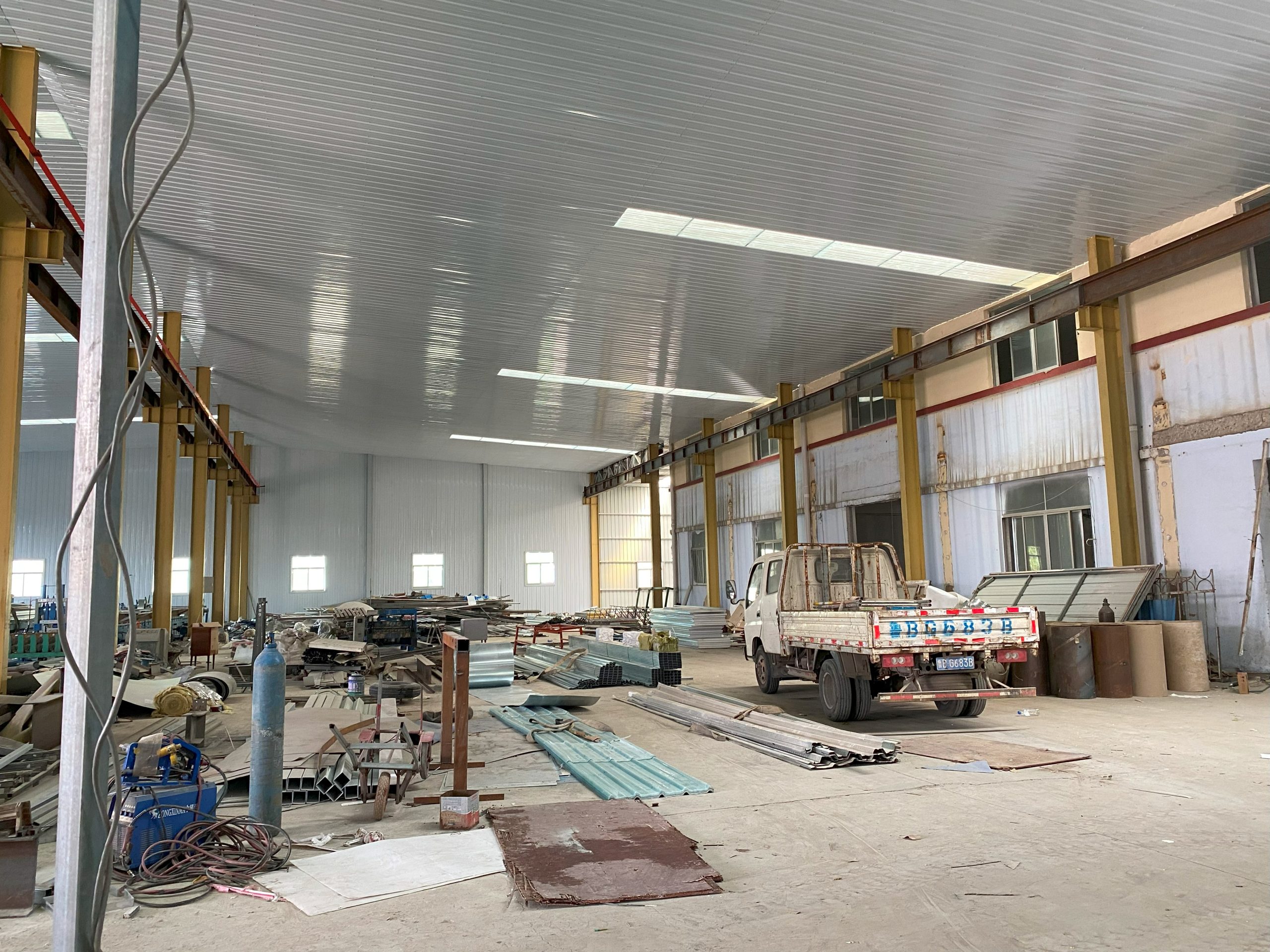
In addition to monitoring expenses, effective budget management in steel construction projects also involves identifying and managing risks that could impact costs. From supply chain disruptions to labor shortages, there are a variety of factors that can affect the cost of a construction project. By conducting a thorough risk assessment and developing contingency plans, project managers can minimize the impact of these risks on the budget and keep costs under control.
Another key aspect of budget management in steel construction projects is optimizing resource allocation. By carefully planning the allocation of materials, equipment, and labor, project managers can ensure that resources are used efficiently and effectively. This can help prevent waste and reduce costs, ultimately improving the overall profitability of the project.
In addition to optimizing resource allocation, project managers can also control costs by negotiating favorable contracts with suppliers and subcontractors. By leveraging their purchasing power and negotiating competitive rates, project managers can secure the best possible prices for materials and services, helping to keep costs in check.
Finally, effective budget management in steel construction projects requires clear communication and collaboration among all project stakeholders. By keeping all team members informed about the budget and involving them in decision-making processes, project managers can ensure that everyone is working towards the same goal of controlling costs and maximizing efficiency. Regular meetings and updates can help keep everyone on the same page and prevent misunderstandings that could lead to cost overruns.
In conclusion, budget management is a critical aspect of successful steel construction projects. By accurately estimating costs, monitoring expenses, managing risks, optimizing resource allocation, negotiating contracts, and fostering communication and collaboration among team members, project managers can keep costs under control and maximize efficiency. By following these key strategies and best practices, project managers can ensure that their steel construction projects are completed on time and within budget, ultimately leading to greater profitability and success.

